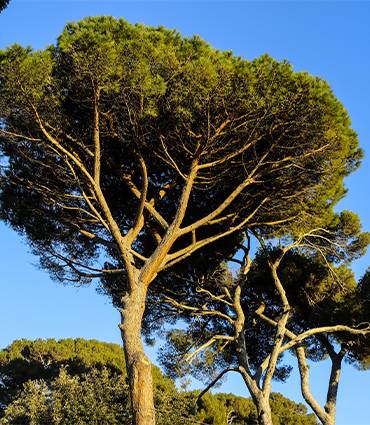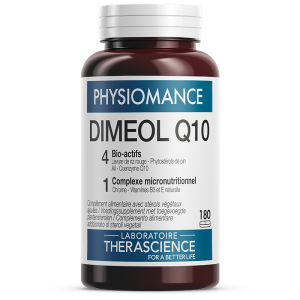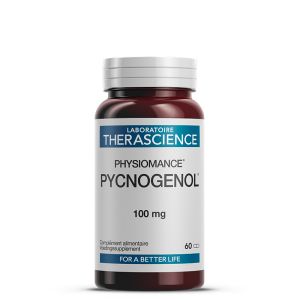
Maritime Pine

Latin name:
Pinus pinaster Soland
Common name:
Landes Pine / Bordeaux Pine
Family:
Abietaceae
Origin:
Europe, Mediterranean coast
Part of the plant used:
Bark, needles
Description
The maritime pine, also known as the "Landes pine", is a tree that can reach a height of 30 metres.
It contains an oleoresin rich in turpentine which has a beneficial effect on the bronchopulmonary sphere. The resin of the maritime pine consists of monoterpenes (α-pinene, β-pinene and limonene) and sesquiterpenes. It is an expectorant and also acts as an antiseptic for the urinary tract.
Maritime pine also contains phytosterols. The structure of phytosterols is close to that of cholesterol, limiting its absorption. Phytosterols promote the elimination of bad cholesterol (LDL) while helping to maintain normal levels of good cholesterol (HDL).
Maritime pine bark is used in phytotherapy. It contains leucocyanidol, which has venotonic, vitamin P and anti-haemorrhagic properties. The bark is also composed of flavonoids, including proanthocyanidins with antioxidant power. The catechol contained in the needles protects the blood capillaries. Thus, maritime pine is also indicated for the protection of the cardiovascular system.
In addition, it is possible to obtain an essential oil rich in germacrene-D and β-caryophyllene from maritime pine. It has mucolytic and oxygenating effects on the respiratory tract. Maritime pine essential oil is anti-infectious, anti-inflammatory, stimulating and rubefacient (it dilates capillaries and increases blood circulation).
The benefits
- Pinus pinaster promotes healthy respiratory tracts and facilitates breathing. Its proanthocyanidins have an antioxidant effect. In combination with other plants, the phytosterols in maritime pine oil reduce bad cholesterol levels.
Our products based on Maritime pine
-
€62.00
-
€70.00












